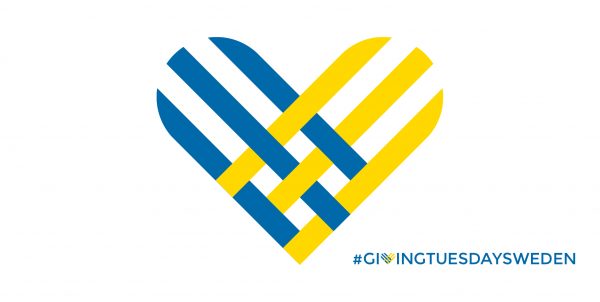
#GivingTuesday 2017 Hailed A Success, With First Appearance in Sweden
December 6, 2017
Highlights from EFA Skillshare 2016
December 8, 2017Charities Institute Ireland (CII) has outlined how the newly announced VAT Compensation Scheme for Irish charities will enable charities to deliver more and better frontline services.
Under the new scheme, announced during October’s Budget 2018, charities will be able to reclaim VAT in direct proportion to their fundraised income for the first time.
CII has led the campaign for such a scheme for more than fifteen years.
Chief executive Lucy Masterson described the decision to launch the scheme as
“one of the most positive steps this sector has seen in years.” She added: “It will directly positively impact those in need and it sends a strong signal from the state of the recognition of the role of charities in Ireland.”
The CII gave examples of some of the ways Irish charities will benefit from the VAT compensation scheme. Figures are based on the maximum potential return each charity could receive on their VAT costs. Under the pro-rata scheme, the total combined payment to charities will be capped at €5million.
For the Irish Cancer Society, for example, the reclaimed VAT would fund over 1,300 nights of palliative home care night nursing while the Jack and Jill Foundation estimates that it could reclaim between €4,000 and €6,000 each month. In real terms this means up to 375 hours of home nursing care will be made possible for children in every community across the country each month.
Masterson said:
“The income of charities is broadly divided 60-40 between Government and private fundraising. Suppliers tend to find it incredible that it costs charities more to buy their products than it costs commercial organisations but that has been the reality.”
Ireland joins three other countries in the EU that have introduced similar schemes – Denmark, Netherlands and the UK.
Read more:
For more information about the Charities Institute Ireland, see Lucy Masterson’s interview on the organisation’s work to redefine the sector’s future.




